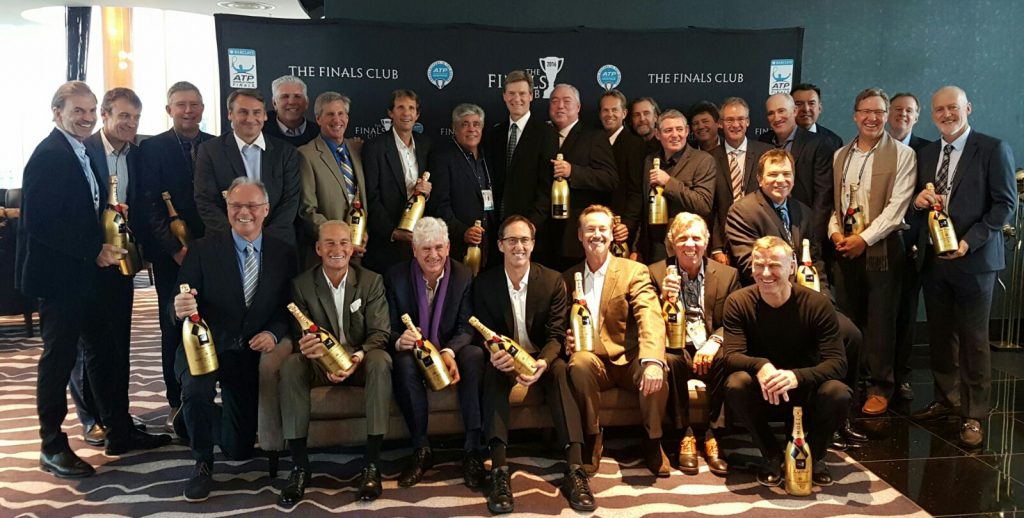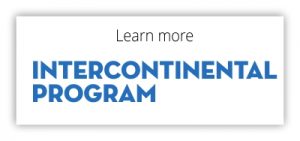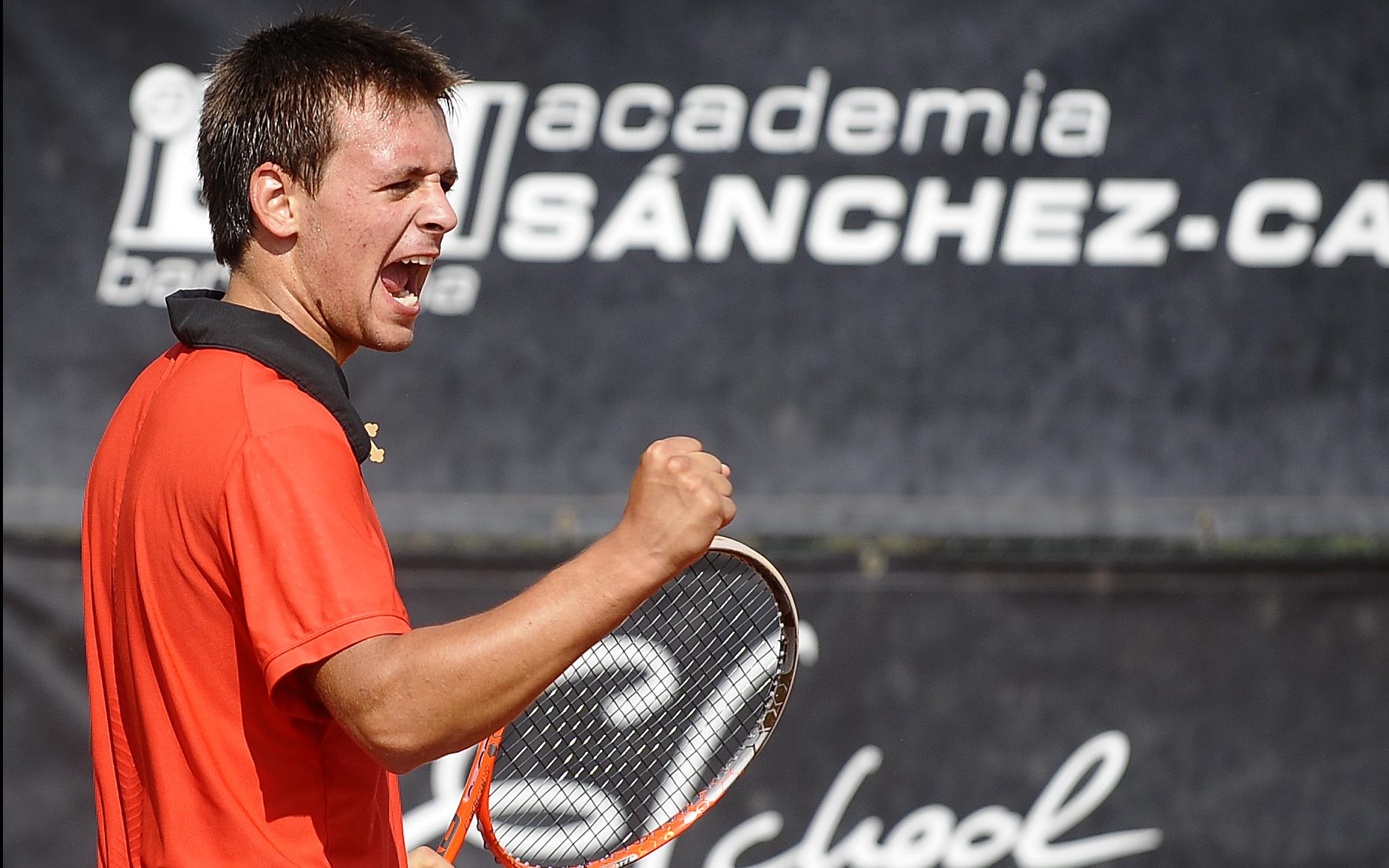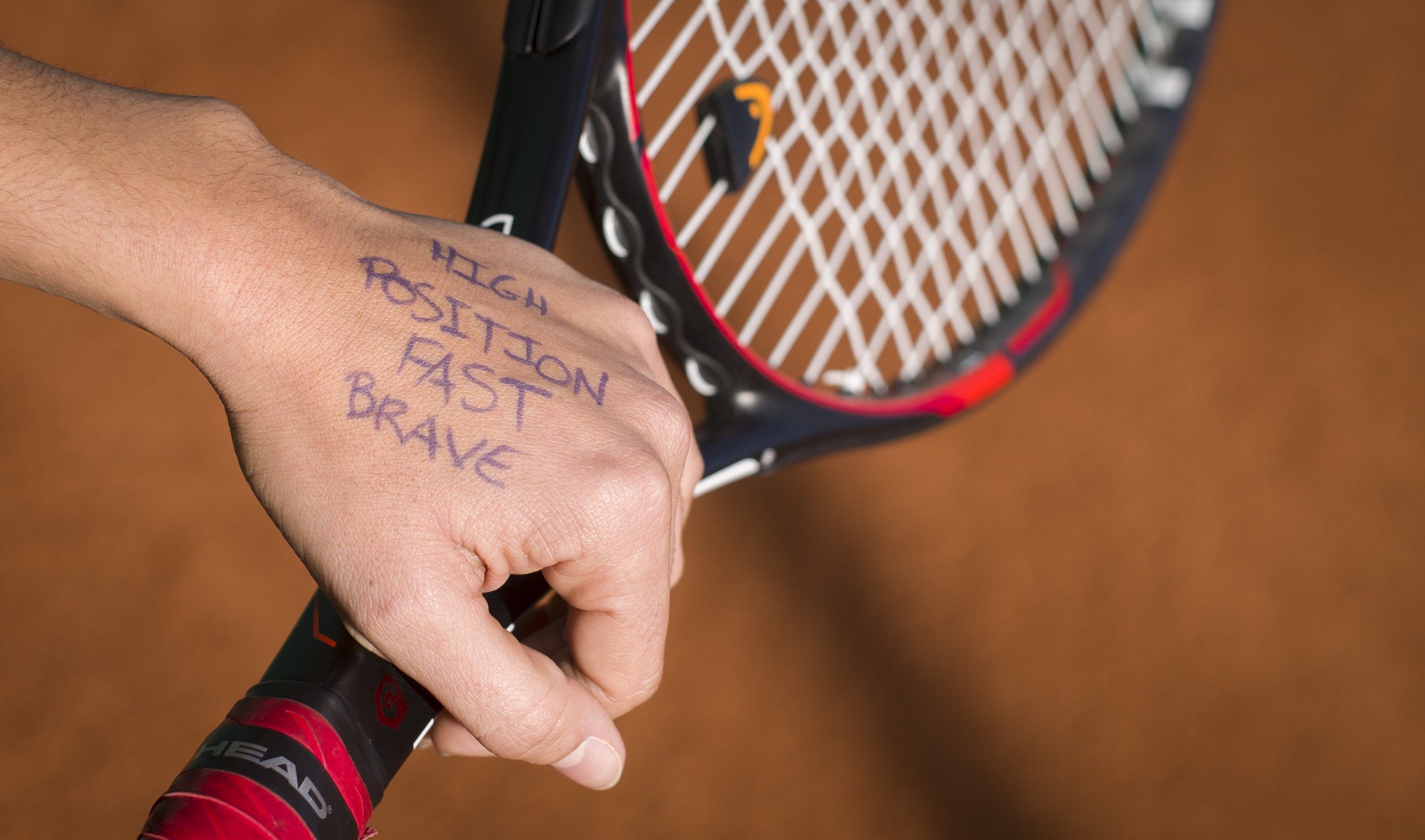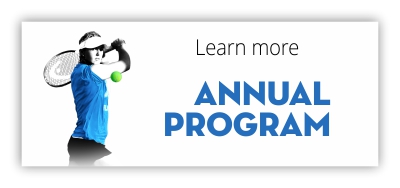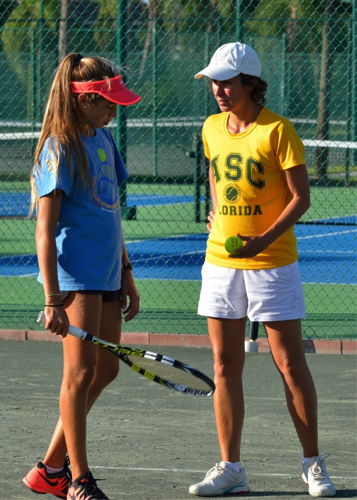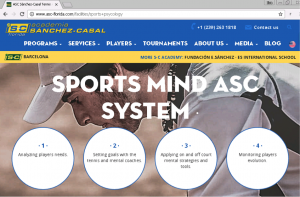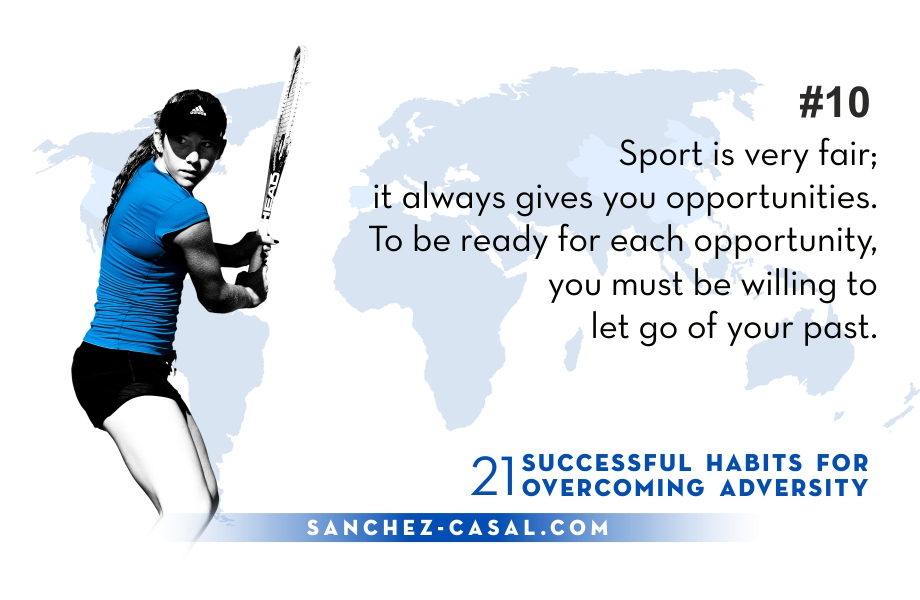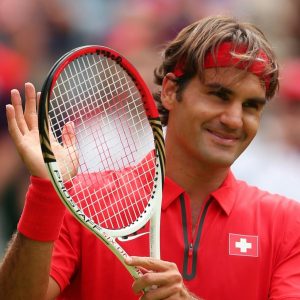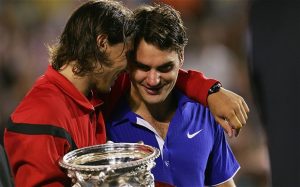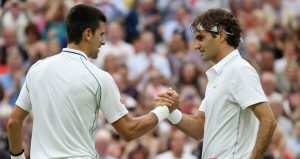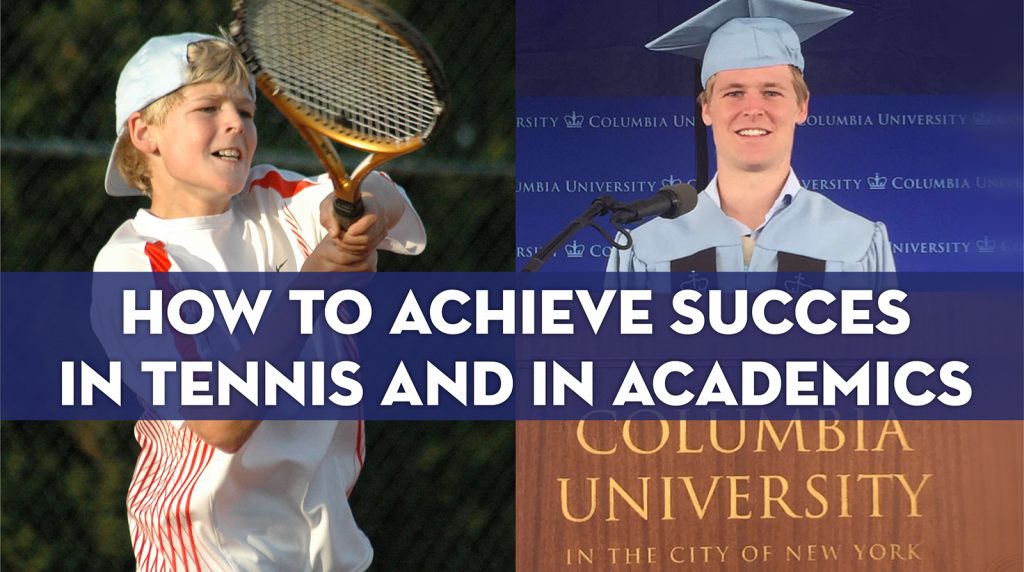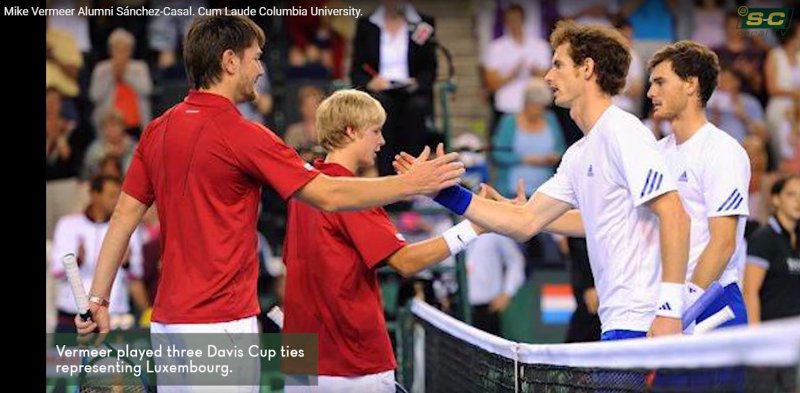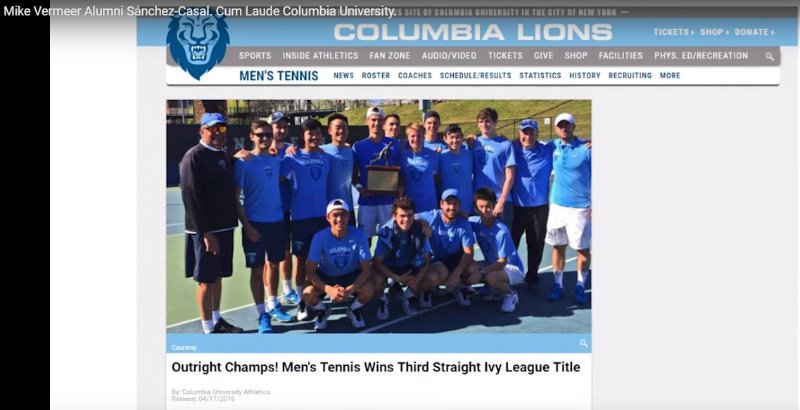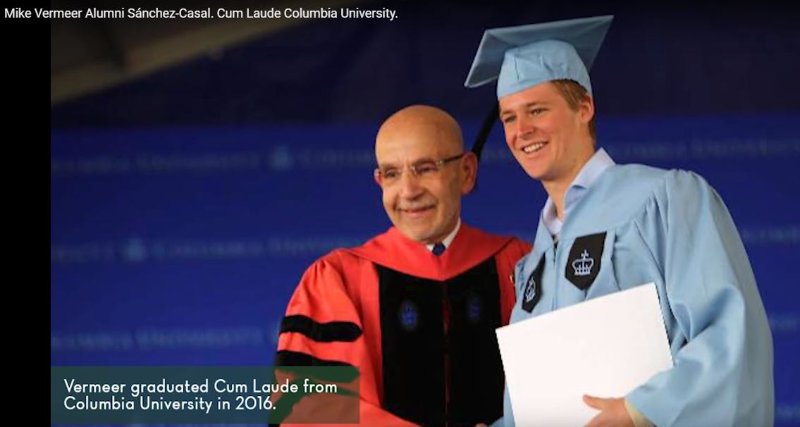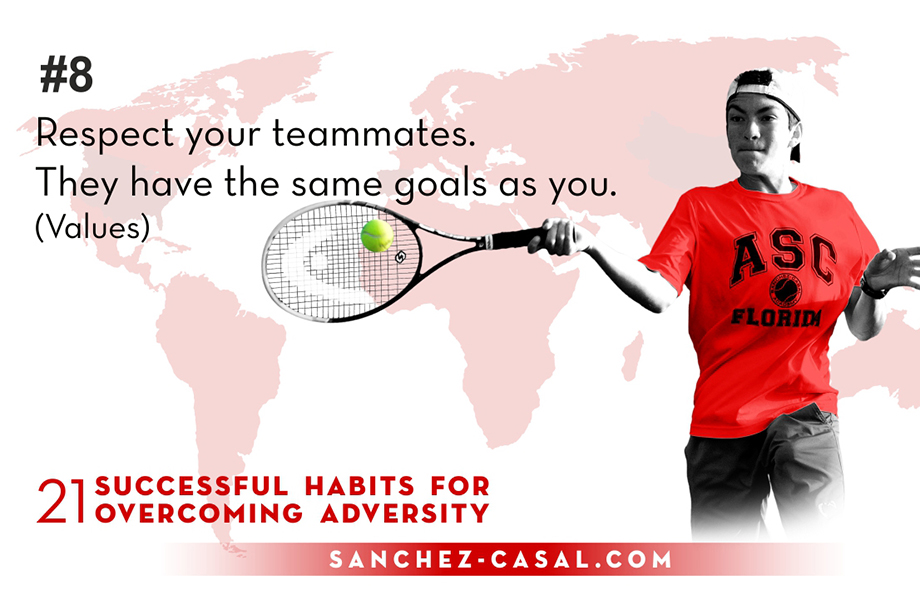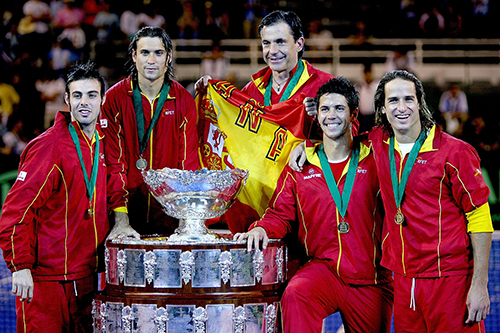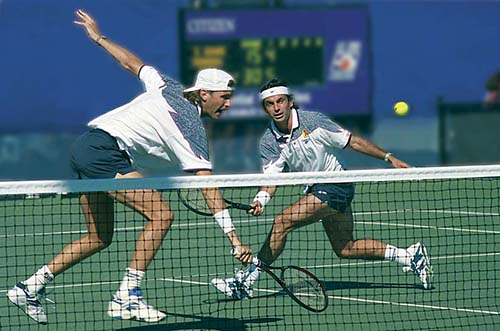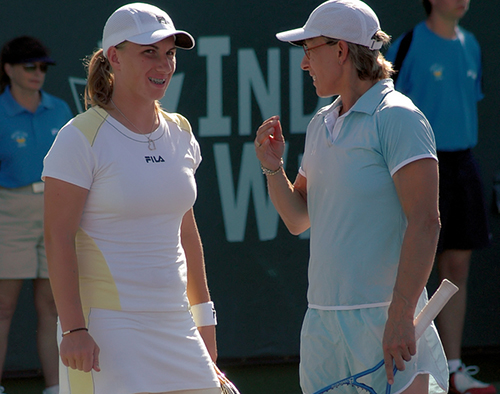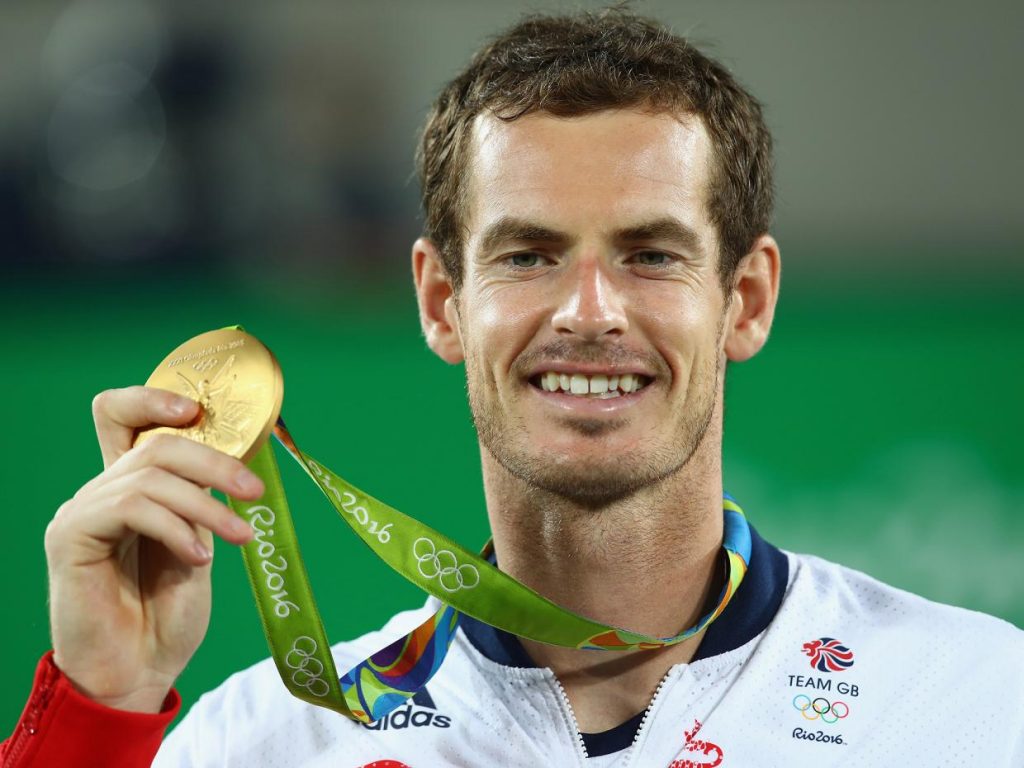By Emilio Sánchez Vicario, CEO & Founder at Sánchez-Casal Academy.
#10 Sport is always fair: it always provides new opportunities. To be prepared for every opportunity, learn to leave the past in the past.
We are the past, the present and the future at the same time, all the time. When we are facing a difficult situation in a game, at a turning point, or in whatever circumstances of life, the past and the future will affect how we will act.
Previous experiences shape the decisions that we make, affect our attitude and can determine our performance. The future does the same thing; thinking about consequences, fear or stress can lead to a “no win”.
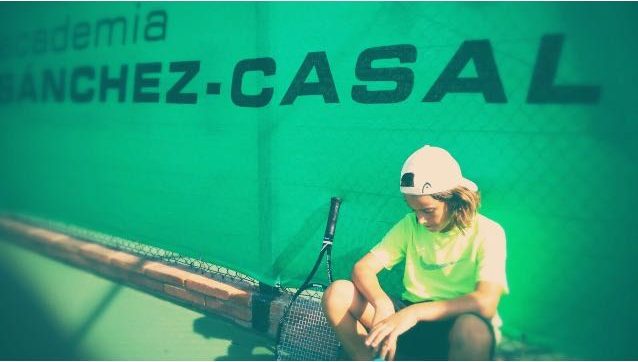
Both situations are a “hindrance”. One has to learn to concentrate on the present, forget the past, and focus.
Sport is fair. Life should be fair as well. We may make mistakes, but if we persist, a new opportunity will come along. It will always end up appearing. But you should be prepared, working, looking forwards with confidence but not in a rush.
Anchoring yourself in the past and not preparing your tools is one of the worst mistakes that you can make. If I had allowed myself to be affected by comments when I was a little boy, as I mentioned in the first tip of the series, I would not have got to where I did. Did you know that Michael Jordan was kicked off his college basketball team? The coach thought that he wasn’t good enough and moved him into a lower category. Michael, however, refused to be beaten and continued working tirelessly until his moment arrived.
Hugo is a boy at our Tennis Academy in Barcelona and the perfect example of some who has overcome momentous difficulties. At 7 months old Hugo was already walking and at 8 and a half (months!!! Not years!!!), he was already riding a motorbike, a Pocketbike with stabilizers. Born and raised around motorbikes, which were a huge passion of his father’s, he had his first motorcross bike aged 2 and a half years old. When he was 6 he was already competing in the Catalonia Supermotard, Motorcross and Speed Championships.
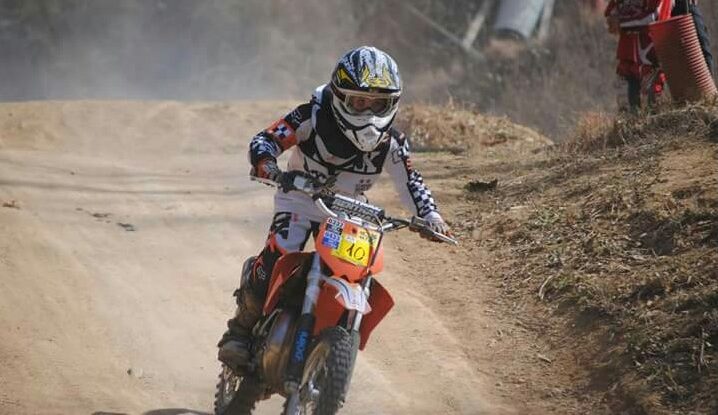
Always “full throttle“, no fear, he raced round the tracks at full speed. It was at full speed, only 8 years old, that he had a tragic accident. While he was training at the circuit, travelling at more than 100 km/h, Hugo lost control of the bike going round a corner and was thrown off with such force that he flew over the track’s protective barriers.
Suddenly the world stopped, for him, for his parents, for his friends… and it restarted extremely slowly. For 6 months, he was in a wheelchair having to “relearn how to walk”. But what did he do as soon as he got out of the hospital? “Daddy, take me to karting. I want to get back on a motorbike”.
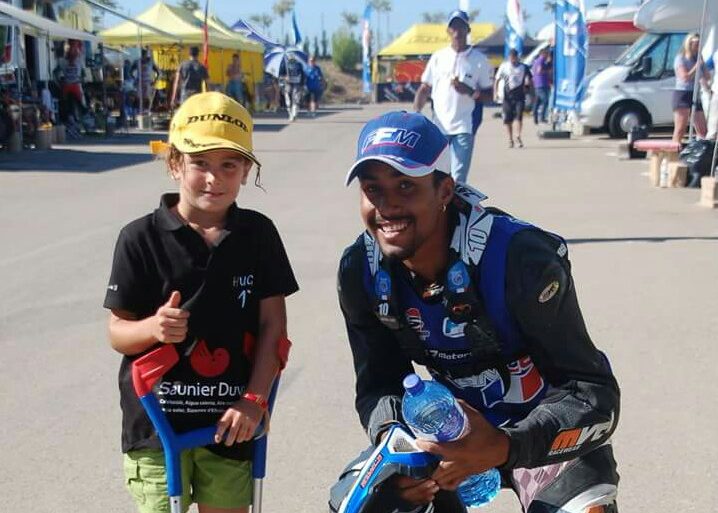
It’s funny how children are able to get over these types of situations. With no fear, he just needed to get back on the bike – even though he still wasn’t able to support himself – and see, analyze, understand what happened. He went back to the track where he had the accident, he asked a thousand questions; he looked, watched, processed… and turned the page.
This is learning. The values of sport are what motivates and inspires you: work, consistency, effort, discipline. Hugo went back to riding, he had another opportunity and he had worked hard prepare himself. This being so, a new accident, this time suffered by Hugo’s father, caused the family to reconsider their future and their passion. Too many risks. How do you explain to a kid of 9 years old that you don’t want them to continue in the only world they have ever experienced? The most incredible thing was his response: “If I’m not going to race motorbikes, I want to play tennis”.
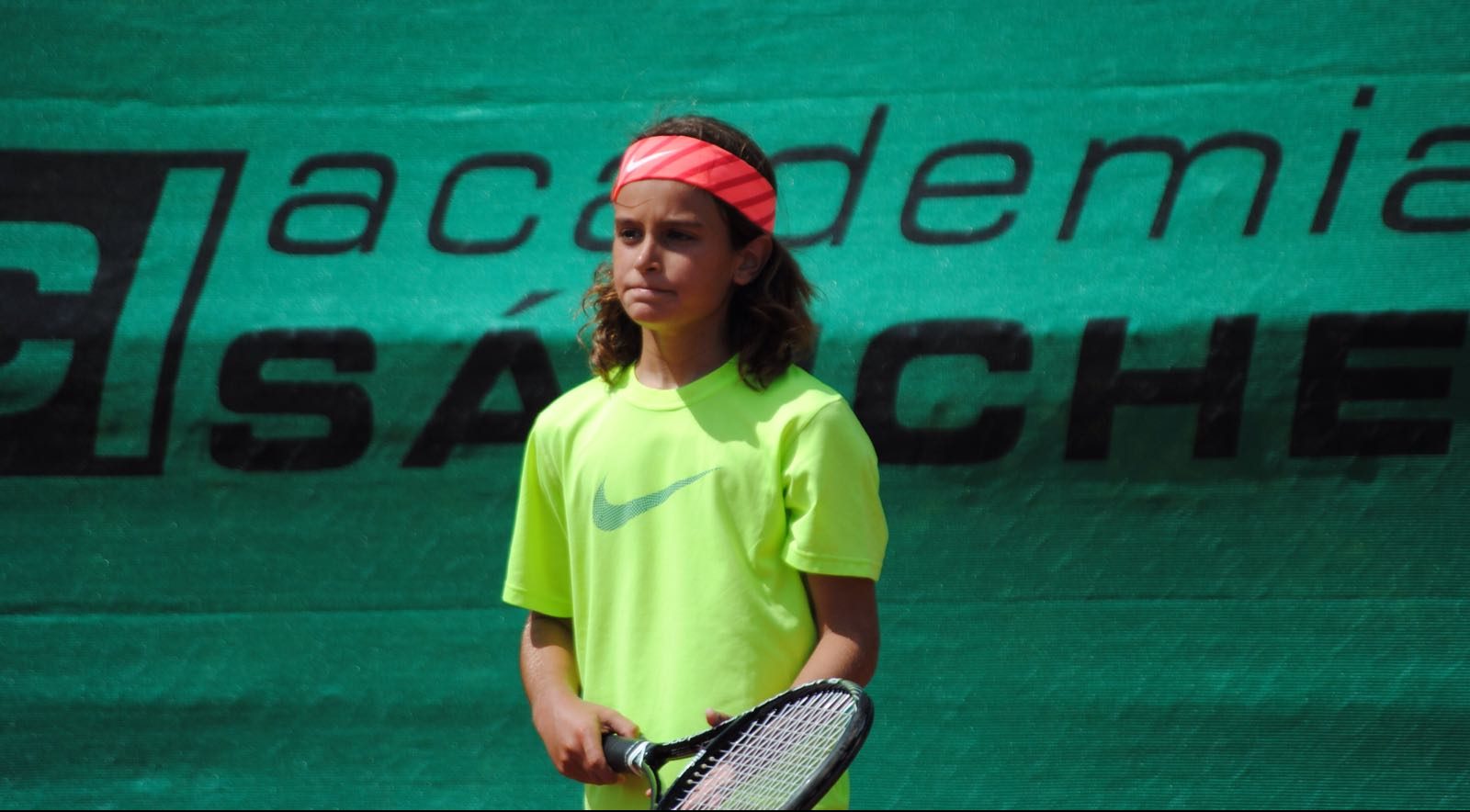
Hugo focused his energies on a new sport. Tennis gave him another opportunity. His competitive spirit and willingness to learn meant that he quickly stood out as a player. This year, along with his team, he became Catalonia’s Junior Champion in the silver category and we believe that his future has great things in store for him. But now, he has to concentrate on the present. Learn, improve, find his game, establish himself, but above all, have fun in the process.
Hugo has understood to leave his past behind and he’s only 12 years old. Sometimes children provide us with insightful life lessons without meaning to.
Leave behind the negative experiences of your past. Only take with you what you’ve learnt from those experiences. Focus on the present and prepare for when your moment arrives. Remember, sport is always fair and life should be fair as well.
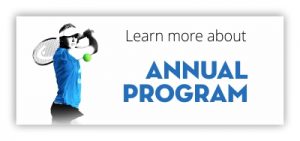
Thank you very much to the Salmerón family for sharing their story with us. Thank you to Eva Pascual, co-author of this post.
Emilio Sánchez Vicario
CEO & Founder at Sánchez-Casal Academy
